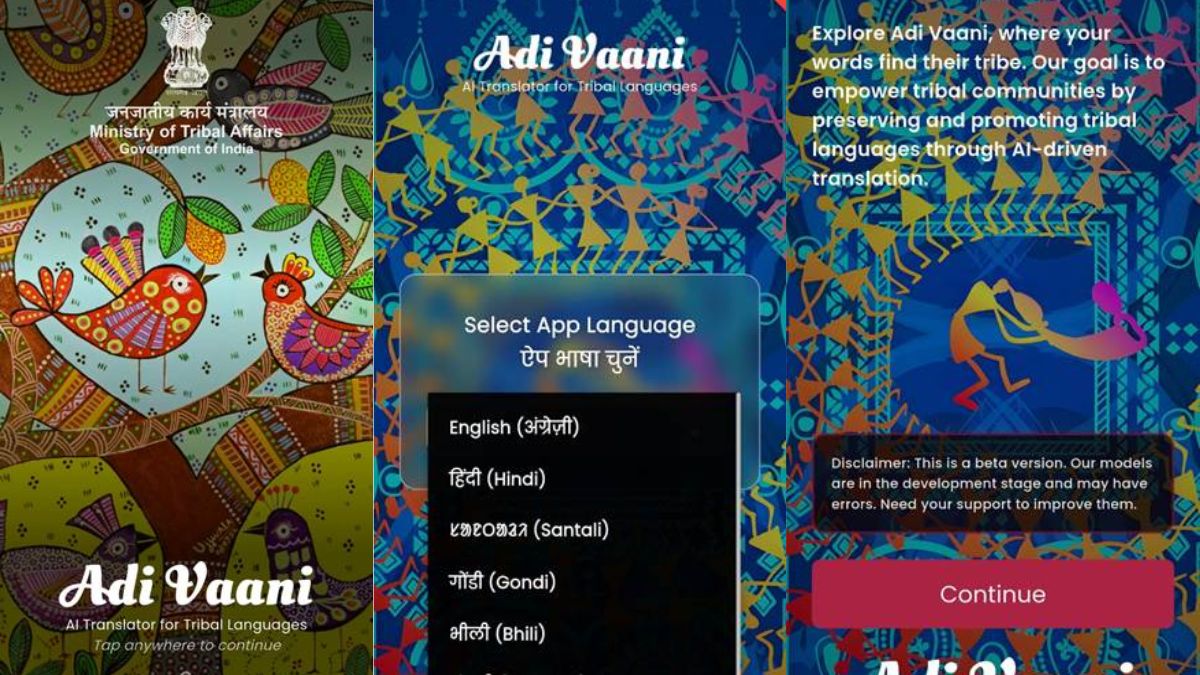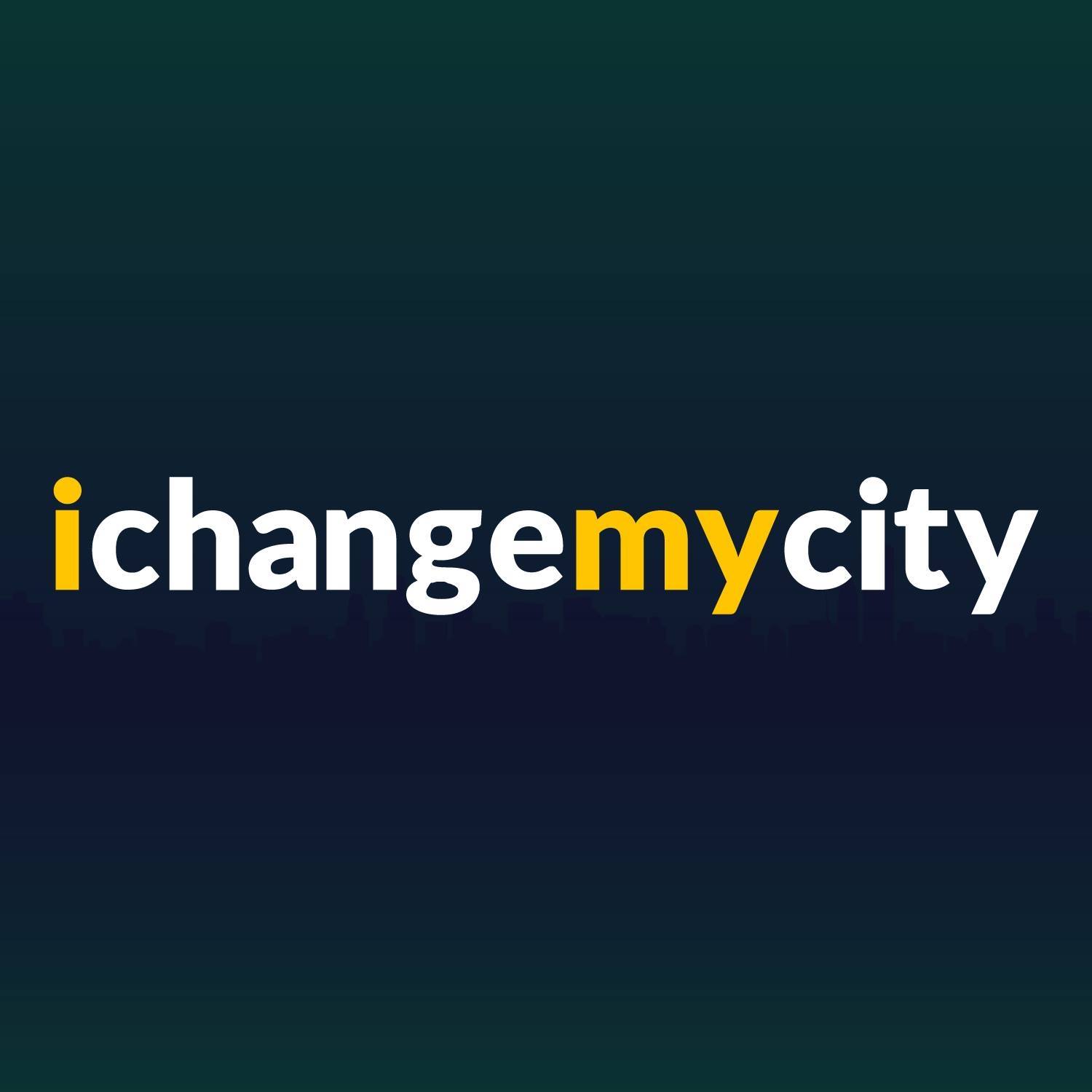A group of IIT alumni in Gurgaon has launched RaastaFix, an AI-powered platform designed to streamline civic grievance reporting.
The platform allows residents to anonymously upload geo-tagged and time-stamped photos of urban issues such as potholes, garbage, or stray cattle. Each complaint is automatically categorized and assigned an urgency level, ensuring that the most critical issues are flagged for rapid government action. This approach aims to bridge the persistent gap between citizens and municipal authorities, making the reporting process faster and more transparent.
RaastaFix was developed by IIT graduates including Pravin Kaushal and in partnership with tech entrepreneur Vinay Krishna Gupta. The idea emerged from frustration with traditional complaint systems, where citizens often did not know which department to approach.
Gupta explained that the platform is designed to be intuitive and user-friendly, ensuring that anyone with a smartphone can report issues in seconds, without worrying about bureaucracy or administrative delays.
The platform integrates with multiple municipal bodies in Gurgaon, including GMDA, MCG, NHAI, and PWD. This is particularly significant because overlapping jurisdictions have long caused confusion and delays in civic service delivery.
Local residents have expressed optimism, noting that having a unified system could improve accountability and ensure that complaints do not get lost or ignored.
A distinguishing feature of RaastaFix is its AI-powered prioritization system. Complaints are classified based on severity, type, and location, allowing authorities to respond more efficiently. The platform also offers real-time tracking, so citizens can monitor the progress of their requests. By combining technology with citizen engagement, RaastaFix exemplifies how smart solutions can make governance more responsive.
Early trials have shown promising results. Municipal authorities in Gurgaon have already begun evaluating the platform’s integration into their grievance systems, recognizing its potential to reduce delays and enhance transparency. The platform’s developers hope to scale it to other cities in India, leveraging AI and data analytics to improve urban service delivery nationwide.
Beyond RaastaFix, India has seen several other civic-tech tools over the past decade. Platforms like I Change My City in Bengaluru allowed residents to report civic issues to municipal bodies, while FixMyStreet India piloted map-based complaint systems in cities such as Chennai and Pune. These initiatives demonstrated the potential of citizen-driven reporting but often struggled to scale without direct government integration.
Other innovations include Safetipin, which maps unsafe areas in cities to improve urban safety, and Mapunity dashboards, which integrate transport, waste, and weather data for municipal planning. Organizations like the Praja Foundation have also built open civic data portals in Mumbai to enhance transparency and accountability. These platforms, together with RaastaFix, illustrate a growing ecosystem of civic-tech solutions in India, showing how technology can empower citizens and improve governance.







